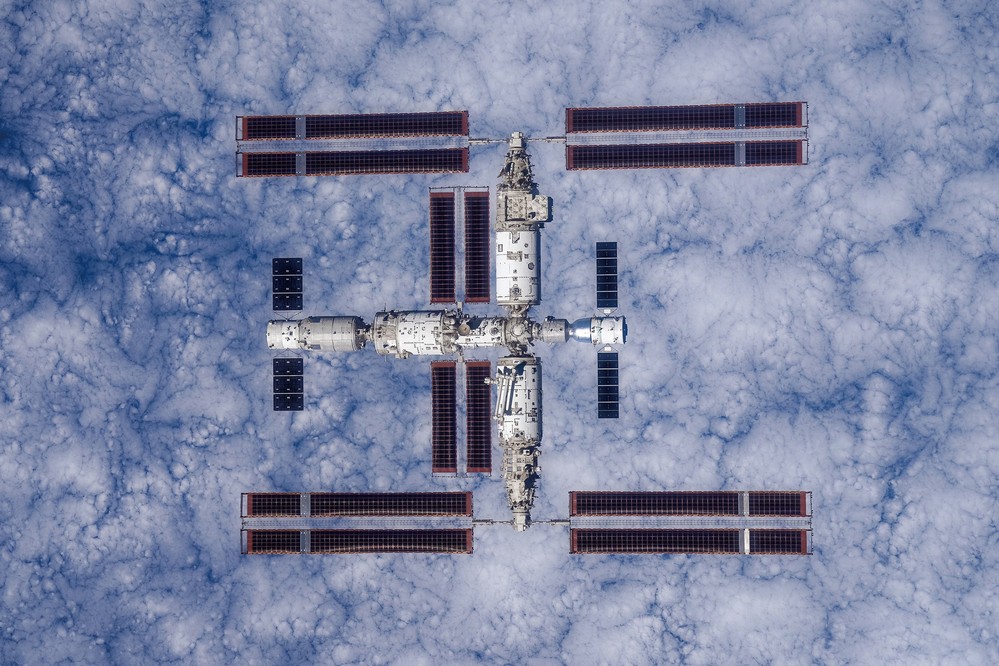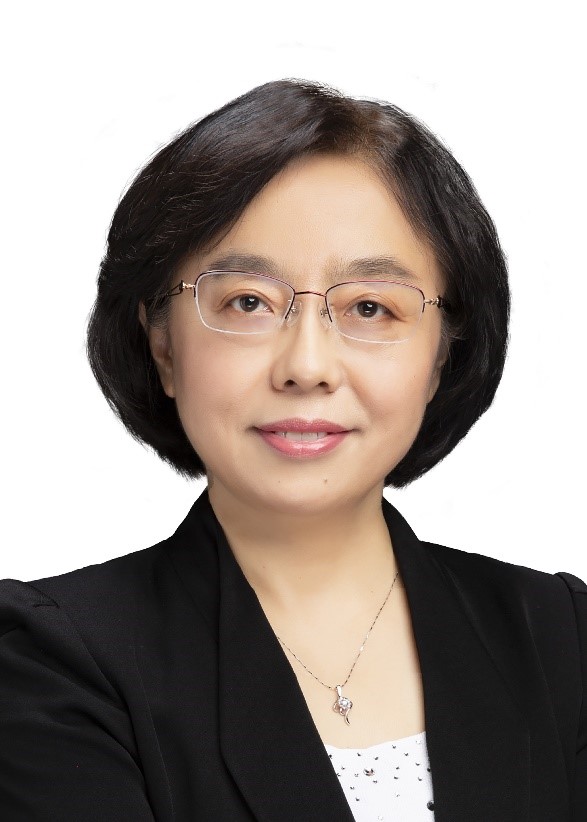
On Key Technologies for Spacecraft Intelligent Autonomous Control and Application Prospects
Yongchun Xie
Beijing Institute of Control Engineering (BICE)
National Key Laboratory of Space Intelligent Control
xieyongchun@vip.sina.com
Abstract
With the surge in spacecraft numbers, increasing complexity of mission types, and expansion of operational scopes, there is a pressing need to enhance the functional performance of spacecraft control systems, strengthen autonomy and the ability to cope with significant uncertainties.Consequently, intelligent autonomous control for spacecraft has emerged as a primary technical approach to address these challenges. Drawing on engineering experience in rendezvous and docking (RVD) from China's manned space project and lunar exploration missions, the report systematically examines critical theoretical and technological challenges, innovative solutions, and engineering implementation effects of space intelligent autonomous control in practical engineering applications, across three technical dimensions — autonomous perception, hierarchical planning, and precise control.
First, focusing on core technical challenges of autonomous RVD, the report elaborates in depth on three technological breakthroughs: 1) an intelligent autonomous GNC integrated architecture, 2) hierarchical planning and multi-variable coordinated guidance, 3) golden-section phase-plane adaptive control. Second, concerning application of learning-based artificial intelligence (AI) methods in space operations, the research delves into three innovation directions: 1) intelligent perception of spatial targets, 2) intelligent planning for complex missions, 3) stability control for precise operations. From the perspective of high-level mission planning, the report specially introduces a complex flight mission planning methodology based on anchor point setting, and systematically elaborates on the technical architecture for spacecraft intelligent autonomous control based on relative motion dynamics. Finally, building upon the prevailing technology trend, the report provides forward-looking prospects on future development directions for space intelligent autonomous control technologies, including the deep integration of AI and spacecraft control, advancements in autonomous decision-making and other frontiers.
This report not only summarizes China's pivotal breakthroughs in space RVD technology, but also presents a referential technological roadmap for subsequent major space projects such as manned lunar landing and deep-space exploration.
Biography
 Prof. Dr. Xie is director of Science & Technology Committee and chief technologist in RVD field at BICE, senior chief professor of China Academy of Space Technology, director of Tianjin Key Laboratory on Microgravity & Low-gravity Environment Simulation Technology, academic and technical leader of China Aerospace Science and Technology Corporation. Her academic positions include fellow and executive council member of Chinese Association of Automation, corresponding member of International Academy of Astronautics, a vice chair of IFAC TC on Aerospace, and editor-in-chief of Aerospace Control and Application.
Prof. Dr. Xie is director of Science & Technology Committee and chief technologist in RVD field at BICE, senior chief professor of China Academy of Space Technology, director of Tianjin Key Laboratory on Microgravity & Low-gravity Environment Simulation Technology, academic and technical leader of China Aerospace Science and Technology Corporation. Her academic positions include fellow and executive council member of Chinese Association of Automation, corresponding member of International Academy of Astronautics, a vice chair of IFAC TC on Aerospace, and editor-in-chief of Aerospace Control and Application.
She has pioneered long-term research in spacecraft intelligent autonomous control theories, established and lead China's space RVD control innovation team, systematically achieved breakthroughs spanning automated, manual and fully autonomous fast RVD. She innovatively proposed Multi-Mode Autonomous RVD Precise Control Theory, constructing a holistic technical architecture that was successfully implemented in 36 RVD missions — including China’s Shenzhou manned spacecraft, Tianzhou cargo vehicles and Chang’e lunar explorers —with the 2-hour fully autonomous ultra-fast RVD creating a new world record in TZ-5 mission. She was awarded 1 Second Prize of China’s National Technological Invention Award, 7 First Prizes of Provincial/Ministerial-Level Science and Technology. She published 4 monographs, 1 technical compendium, 169 high-impact papers, and obtained 76 authorized invention patents. She was awarded CASC Outstanding Contribution Award, Guan Zhaozhi Award, First Prize of Yang Jiachi Science and Technology Award, WIPO Best Female Inventor Award, granted China’s Special Government Allowances of the State Council.






